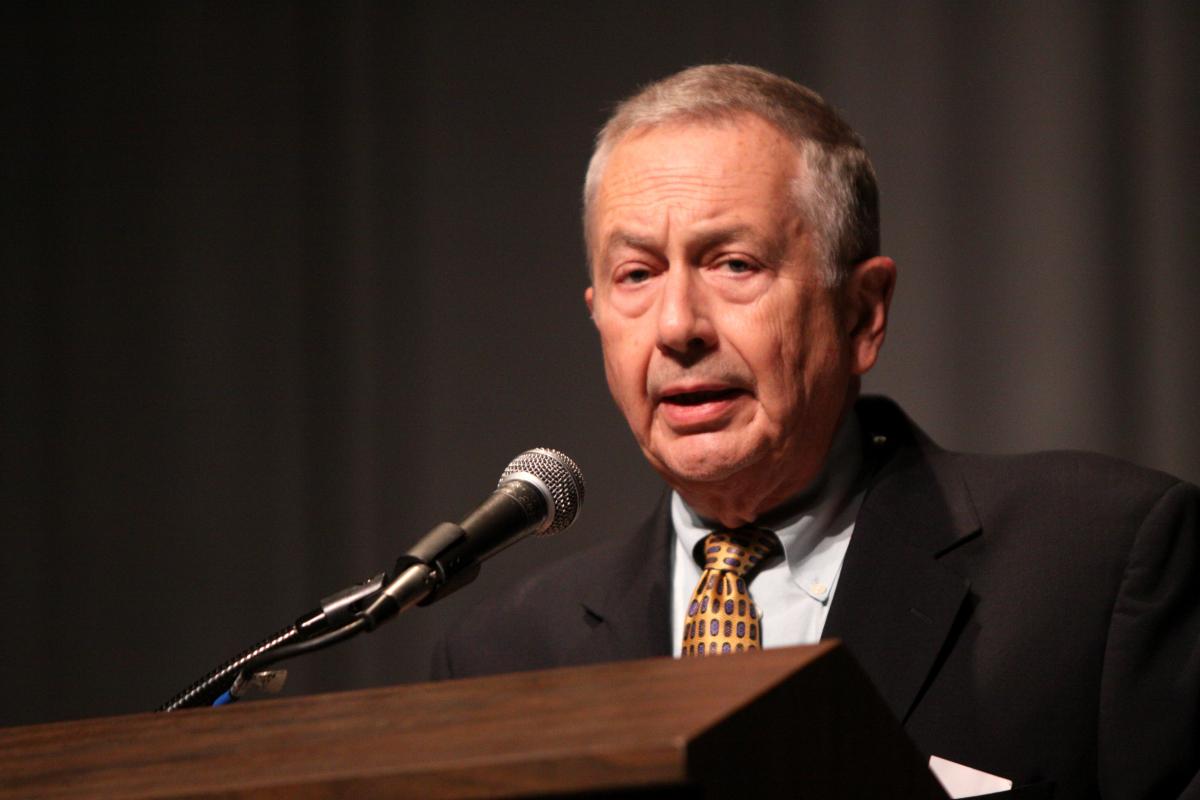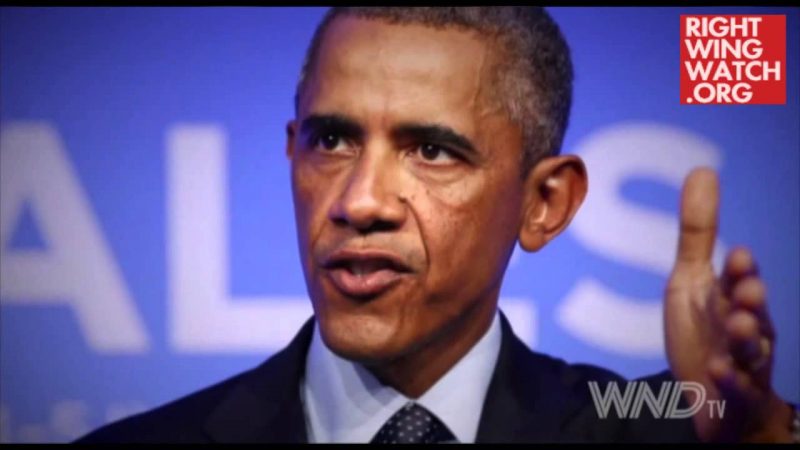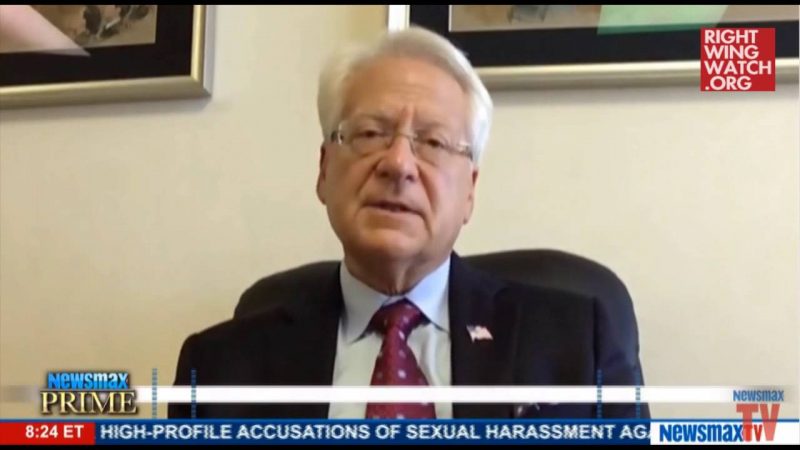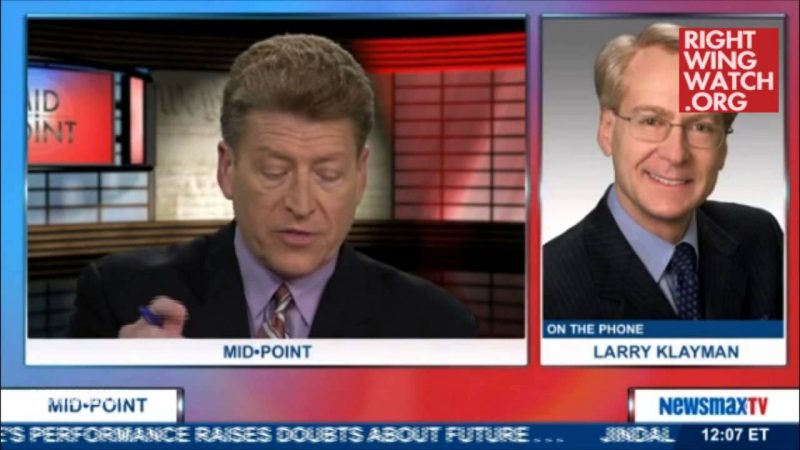Larry Klayman, the right-wing lawyer whose bizarre diatribes, relentless lawsuits and frequent threats to overthrow President Obama are routinely featured here on Right Wing Watch, today “agreed to accept a public censure for violating attorney ethics rules” dealing with a long-running dispute with the group he founded, Judicial Watch.
Ever so modest, he said he acquiesced to the censure agreement so he can back to his fulltime job of trying to “protect the American people.”
The Legal Times reports:
“I wanted to put [the ethics case] behind me because I have a lot of important things to do to also protect the American people,” Klayman said on Tuesday.
The agreement with bar counsel is still subject to review. If a hearing committee accepts the deal, it will recommend approval to the District of Columbia Court of Appeals, which makes the final decision. If the committee rejects the agreement, the case will be sent back to bar counsel for prosecution.
…
Bar Counsel Wallace Shipp Jr. declined to comment. Judicial Watch President Thomas Fitton, who filed the ethics complaint against Klayman in 2008, said he would reserve any comment for the hearing committee’s review.
Klayman founded Judicial Watch and served as its chairman and general counsel from 1994 to 2003. According to the agreement Klayman signed with bar counsel, he represented three individuals suing Judicial Watch between 2006 and 2008. He didn’t get Judicial Watch’s consent to take those cases, as required by the local ethics rules when there are conflicts of interest involving a former client.
Klayman has clashed with Judicial Watch since leaving the organization. Earlier this month, a federal jury in Florida awarded Klayman $181,000 in a defamation suit he brought against the organization. Klayman, in a June 20 brief defending his actions against the ethics charges, claimed the bar proceeding was “yet another attempt by the directors of Judicial Watch to sabotage and damage” him.
…
Bar counsel and Klayman, who represented himself, agreed “that a public censure strikes the correct balance of protecting the public and deterring future misconduct.”








